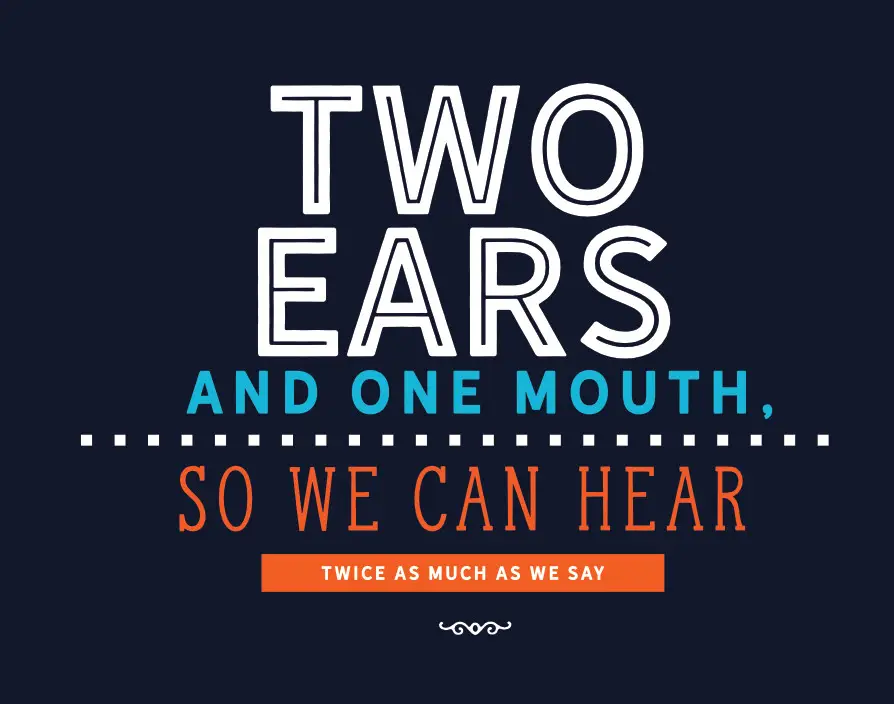Nigel Toplis outlines the utmost importance of listening to your customers.
Listening is an art – and don’t let anyone tell you otherwise. It is only through effective listening that you attain real information about companies, your contacts and their requirements. Most people in business are not natural salespeople, and most of the people in our network are definitely not natural salespeople.
Yet, if you are a good and patient listener, this will help to nurture a close, genuine relationship with your customer. The key to effective selling has always been about establishing relationships, in the hope that the customer will both like you and trust you. And as the restrictions caused by Covid slowly start to relent, relationships will become more crucial than ever.
If you merely pay lip service to the importance of building relationships, or getting close to customers, then you will fail to maximise business opportunities. You must make it your job to understand their business needs, and what drives them to succeed – and even become a key part of the overall cycle. I urge you to take your relationships with clients and customers seriously.
Now, more than ever, customers want assurances that you are going to be there for the long haul. They want you to actually care about their business. If you can reduce some of the stress and hassle they face, without harming your own business, this will certainly help you to build a confident relationship with your customers. This is another version of ‘added value’.
Here are eight rules for effective listening:
1: Do your homework. Take time to find out a few snippets of information about the customer/company/role, before you arrive at the inaugural meeting.
2: Show an interest in the person you are preparing to meet.
3: Know exactly what you must do to secure their business.
4: Listen and don’t interrupt. Ask a point of clarification if you don’t understand something, which will emphasise to them that you are taking this meeting seriously.
Seek an explanation if they use technical or colloquial language which you fail to comprehend.
5: Do not presume to know what they mean.
6: Try not to use closed questions: Those which merely require a ‘yes’ or a ‘no’ answer. The best method for acquiring information is to ask ‘what’, ‘why’, ‘when’, ‘how’ or ‘who’? These are open questions.
7: Try to ask some ‘significant’ questions, such as: ‘What do you want to achieve from this campaign?’
8: Prepare a list of questions that enable you to understand what your client requires. And when the meeting is over, ask yourself were there any questions you should have asked but didn’t.
This list may not be sexy, but it’s certainly good business practice. And don’t forget that you have two ears and one mouth, and therefore should be used in similar proportion.

































